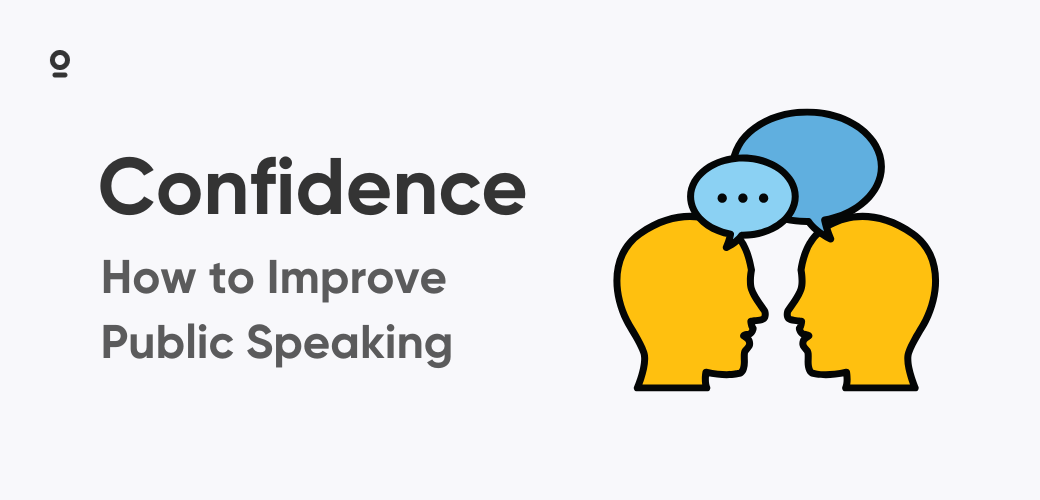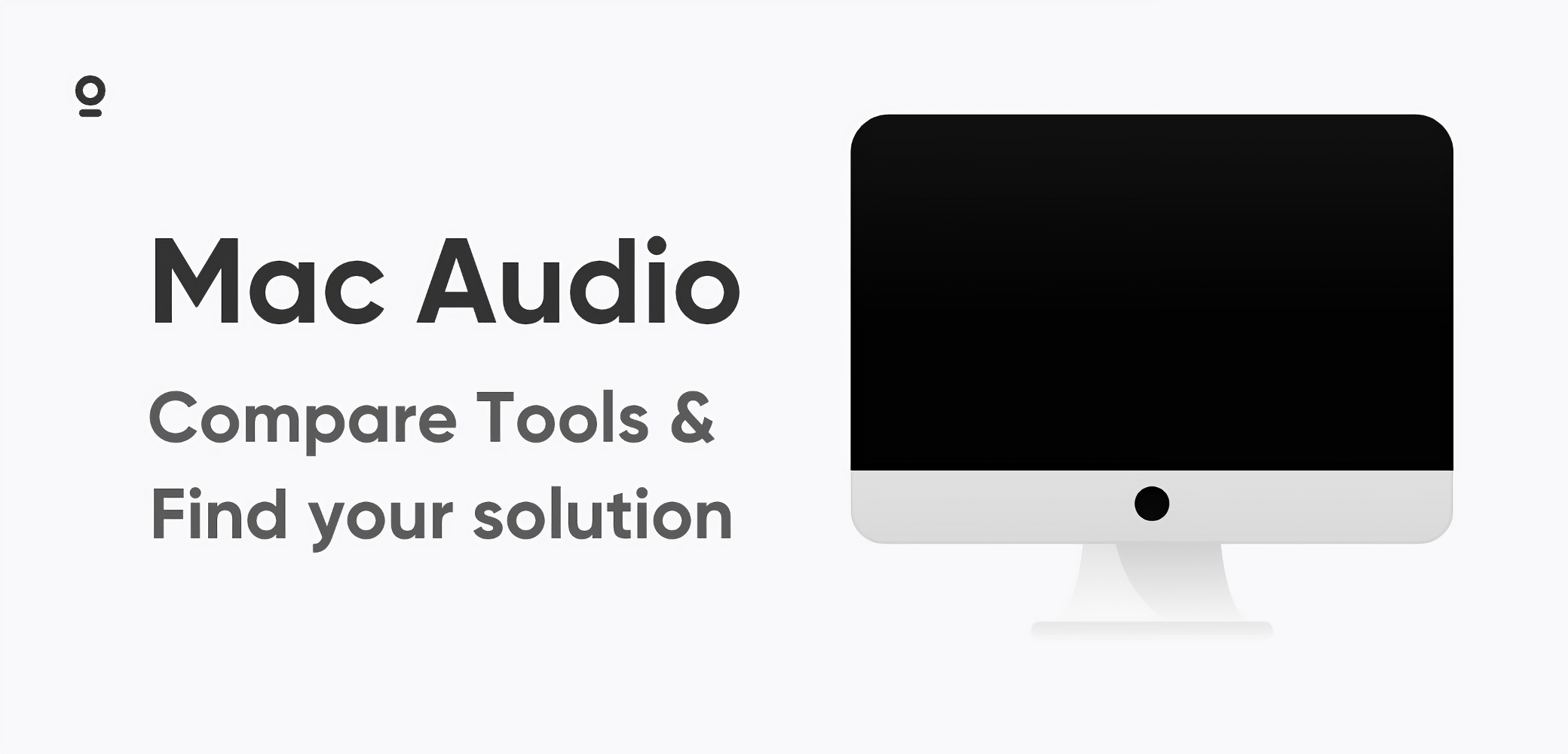You hit record. The brilliant monologue you rehearsed in the shower evaporates. Your heart does a kick-drum solo against your ribs and your voice, suddenly a stranger, cracks out a few "choppy and inadequate" sentences.
If that sounds familiar, congratulations, you're normal. Glossophobia, the fear of public speaking, is so common that some surveys suggest people fear it more than death. That adrenaline surge isn't a glitch; it's a feature. Your body is primed for a high-stakes performance. The only question is whether you command it or let it command you.
Forget generic advice about making eye contact with a packed auditorium. Your stage is a microphone. Your audience is a disembodied pair of ears. This guide is built for the unique, slightly weird challenge of podcasting: how to project authority and connect with an audience you can't even see. We're going to give you the mental frameworks and tactical moves to answer the only question that matters: how to improve public speaking when your voice is the entire show.
The Mind Game (It Starts Before You Speak)
Confidence isn't a birthright; it's a back-end job. It's a skill you build, not a gift you're given. And the work begins in your head long before you get near a mic. If you want to know how to build confidence in public speaking, you start by managing your own brain.
Visualize the Win
Don't just hope for a good take, expect it. Before you record, run a mental simulation of a flawless session. See it. Feel it. Imagine your voice coming through clear and resonant. Picture a listener, headphones on, nodding along because they're completely hooked. This isn't woo-woo nonsense; it's the same cognitive rehearsal that elite athletes use to program their nervous systems for success.
Reframe the Adrenaline
That jittery, electric feeling isn't fear, it's fuel. Your body is dumping performance-enhancing drugs into your system for free. Your racing heart isn't anxiety; it's your engine warming up. That nervous energy is focus. Tell yourself: "My body is giving me exactly what I need to be sharp, passionate, and unforgettable."
Just Breathe. Seriously.
Panic triggers a shallow breathing loop that starves your brain of oxygen. You can manually override it. Before you start, use the box breathing technique: Inhale for four seconds, hold for four, exhale for four, and hold for four. Repeat for two minutes. It's a biological off-switch for your fight-or-flight response that signals to your brain that you are in control.
The Blueprint (Structuring Content for Clarity & Impact)
A confident performance is impossible without a rock-solid blueprint. When your content is locked down, you're free to stop worrying about what to say and focus entirely on how you say it.
Know Your Listener, Know Your Purpose
Before a single word is written, answer two things: Who, specifically, am I talking to? And what do I want them to feel or do when I'm done? The answers dictate everything: your tone, your vocabulary, your examples. When you speak to one specific person, everyone feels like you're talking directly to them.
Humans Run on Narrative, Not Data Dumps
Facts are forgettable. Stories stick. Frame your content with a narrative arc: a problem, a struggle, a discovery, a resolution. Your episode isn't a lecture; it's a journey. You're the guide, and you need to make the trip worthwhile.
Use an Outline, Not a Script
Reading a script word-for-word is the fastest way to sound like a robot and kill any sense of connection. A script is a cage. An outline is a safety net. It keeps you on message and ensures you hit your marks, but gives you the freedom to be yourself, riff, and sound like an actual human being.
Nail the Open and Close
The first 30 seconds are an audition. If you start with "Today, I'm talking about...", you've already lost. Hook them with a sharp question, a shocking stat, or the beginning of a story. Then, when you're done, don't just fade out. End with a powerful, memorable statement that leaves them thinking.
The Delivery (Making Your Voice the Main Event)
For a podcaster, your voice is the performance. It's your body language. It's your stage presence. This is how to be more confident in speaking the second that red light goes on.
Your Voice Is an Instrument. Play It.
A monotone delivery is a sedative. You have to introduce dynamics. Vary your pace to create urgency or let a point land. Modulate your pitch to signal excitement. Use silence like a weapon; a strategic pause is more powerful than any word. Your listeners can hear a smile in your voice. Use it.
Let Your Personality Through
Nobody wants to listen to a talking head. They want to connect with you. Your weird obsessions, your specific sense of humor, your genuine passion—that's your competitive advantage. Being yourself isn't just good advice; it's the only way to build a loyal audience that trusts you.
The Practice Loop (The Secret to Real Improvement)
The best hosts you listen to didn't start out that good. They got there through relentless, deliberate practice. You don't just get better by doing; you get better by reviewing. To truly improve public speaking, you need a systematic feedback loop.
This is where your recording space becomes your gym. The Zencastr review workflow is built for this.
Record Everything in High-Fidelity
Use Zencastr to capture practice takes. The cleaner the audio, the more honest your self-assessment can be. Garbage in, garbage out.
Listen Back Like a Critic
As Babson's Speech Center director Sharon Sinnott advises, just listen. Don't do anything else. Focus only on the sound. Are you conveying the right emotion? Is the pacing working? Do you sound as confident as you want to?
Use the Transcript as a Diagnostic Tool
This is the game-changer. Generate a Zencastr transcript and hunt down your filler words. See exactly how many times you said "um," "like," or "you know." Then analyze your sentence structure. Are your ideas landing clearly? Seeing your words on a page is an objective mirror that your brain can't provide on its own.
This deliberate cycle—record, review, refine—is the single most effective system for how to improve public speaking.
Your Voice Is Your Most Valuable Asset
Becoming a magnetic speaker is a process, not a destination. It's built on four pillars: mastering your mindset, prepping your content, honing your delivery, and committing to the practice loop. You'll have bad takes. That's part of the deal. Progress, not perfection, is the goal.
The real secret isn't some innate talent; it's consistent, focused work. The answer to how to improve public speaking is to practice deliberately.
Your voice is your most valuable asset. It's time to sharpen it. Zencastr isn't just where you make your final product; it's the professional suite where you master your craft. It's your training ground, your review studio, and your partner in the work.







